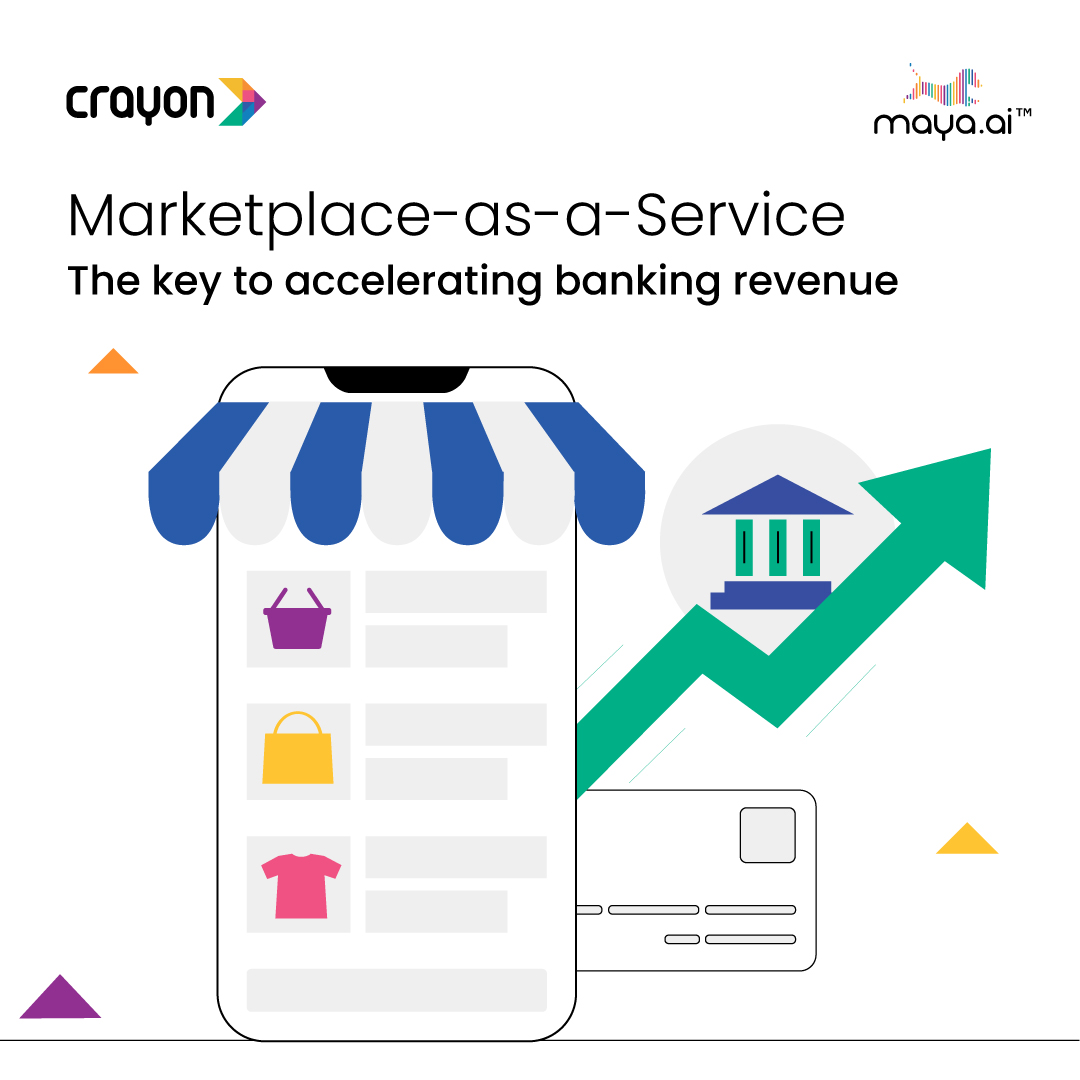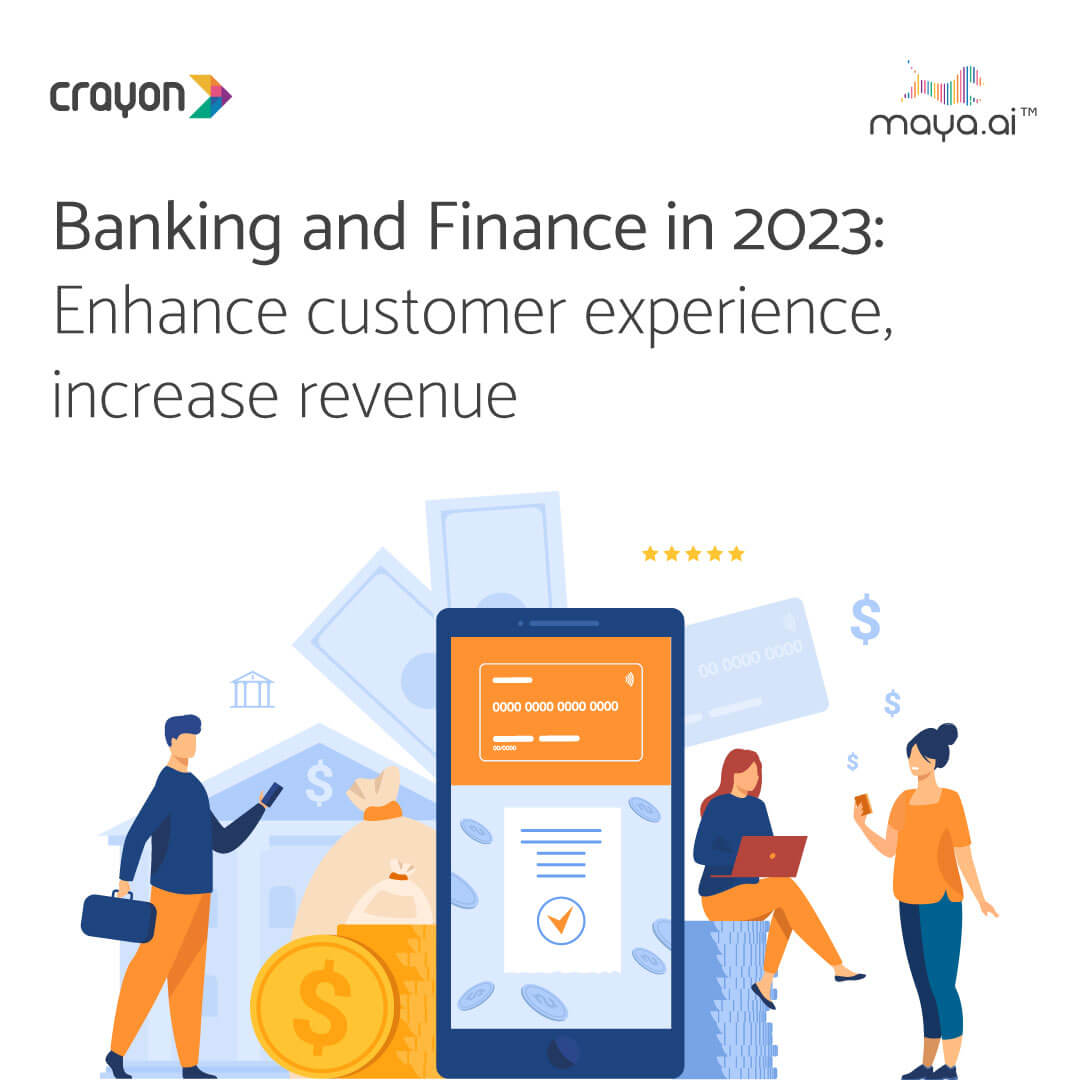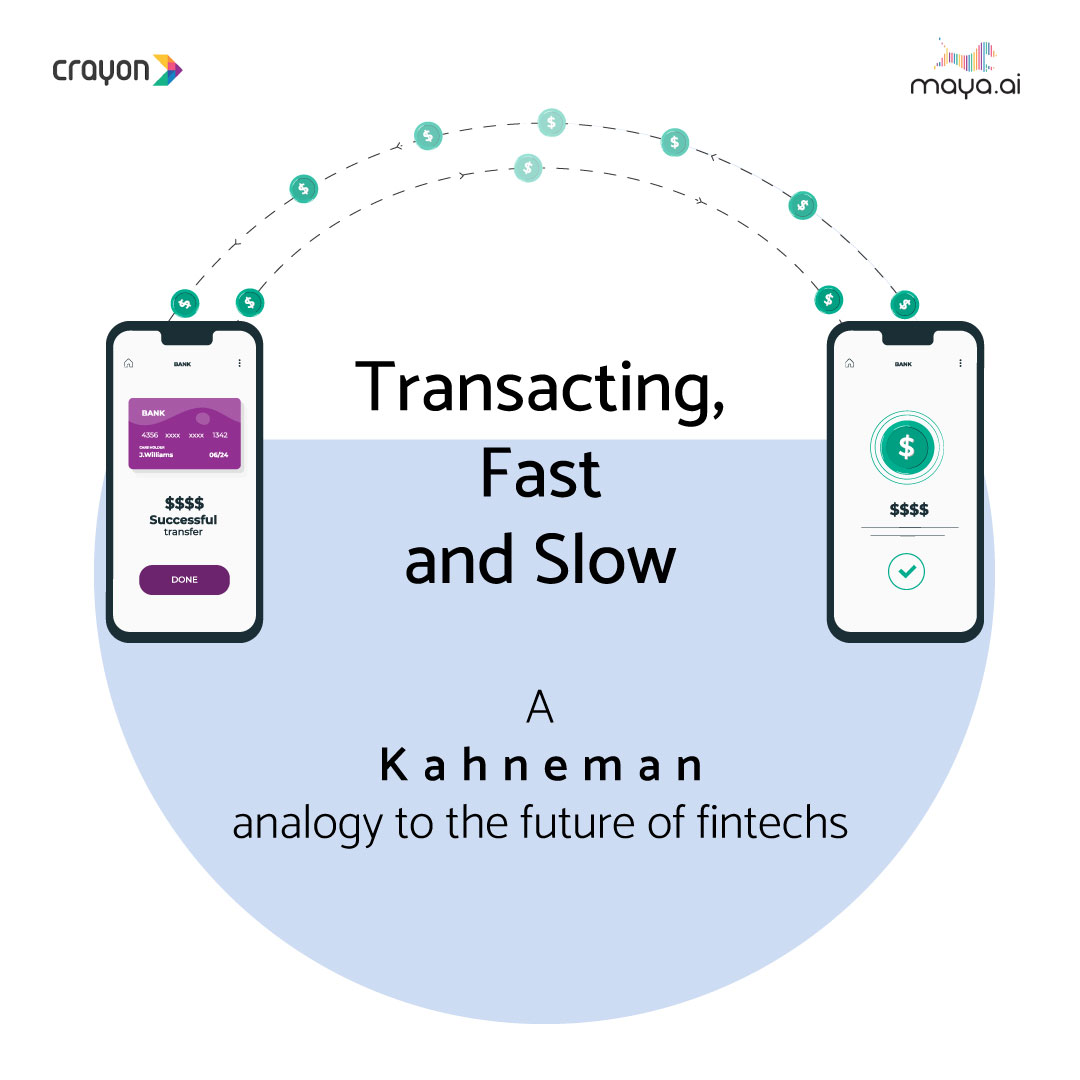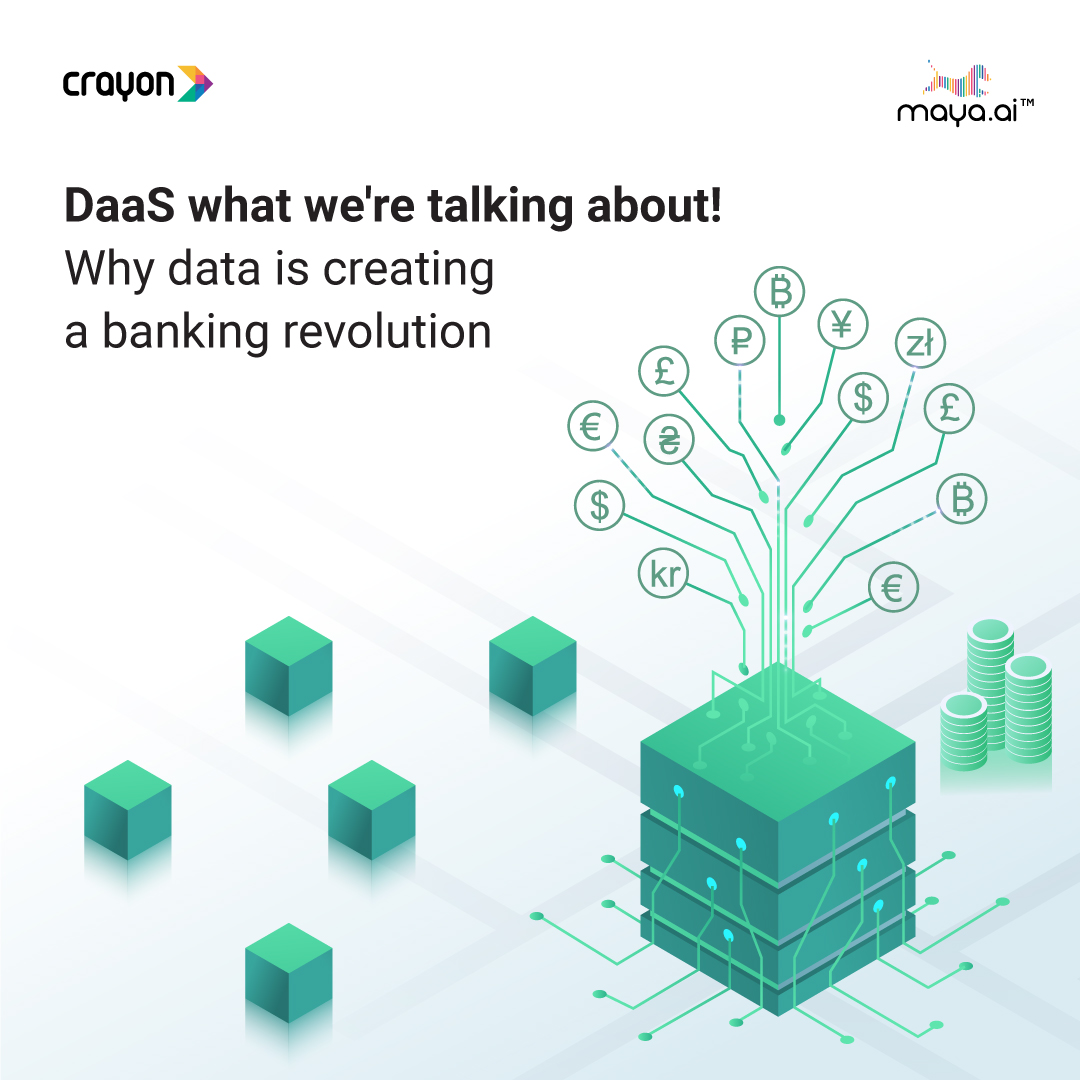In the dynamic landscape of technological innovation, one term is making waves across industries—Machine Learning (ML). As a subset of artificial intelligence (AI), ML is redefining the way we approach problem-solving, and the financial sector is no exception. Here, we explore the pivotal role of machine learning in reshaping banking and financial services, from fortifying security measures to crafting personalized customer experiences.
Understanding Machine Learning
Before delving into its application in finance, let’s demystify machine learning. At its core, ML empowers computers to learn from data and make informed decisions without explicit programming. It’s the secret sauce behind intelligent systems like virtual assistants and recommendation algorithms, learning and evolving based on patterns and data.
It’s like having a super-smart friend who learns from experience. Instead of being explicitly programmed for specific tasks, a machine learning system learns patterns from data. Imagine teaching a computer to recognize cats in photos: instead of giving it a list of cat features, you show it thousands of cat pictures. The ML system learns the distinctive features on its own, making it capable of recognizing cats in new pictures it hasn’t seen before.
There are two main types of learning in ML: supervised and unsupervised. In supervised learning, the system is trained on labeled data, like having a teacher guide it. In unsupervised learning, the system explores data without explicit guidance, seeking patterns and relationships.
ML is everywhere around us, from voice assistants understanding our commands to personalized recommendations on streaming platforms. In the financial world, it helps detect unusual transactions, tailor services to individual needs, and predict market trends. Let’s dive into a few critical ways that ML serves both enterprises and customers in the financial world.
The Importance of Security in Finance
Security is paramount in the financial sector, where sensitive data is constantly at risk. Traditional rule-based systems, although effective to a certain extent, often fall short in adapting to evolving fraud tactics. Enter machine learning—the unsung hero in the fight against fraud.
Unlike rule-based systems, ML models excel at detecting anomalies and identifying patterns that may go unnoticed. By analyzing vast datasets in real-time, these models flag potentially fraudulent transactions, providing a proactive defense mechanism for both consumers and financial institutions.
Personalized Customer Experiences
Gone are the days of one-size-fits-all financial services. Machine learning has ushered in an era of personalized customer experiences, where banks can analyze customer behavior, transaction history, and other relevant data to tailor their services.
Imagine receiving investment recommendations that align with your financial goals or getting personalized budgeting advice based on your spending patterns. Machine learning enables financial institutions to move beyond generic offerings, providing clients with bespoke solutions that resonate with their unique needs.
Risk Management Revolution
Risk management is an inherent challenge in the financial world, and machine learning is stepping up to the plate. ML algorithms analyze historical data to identify potential risks, market trends, and correlations that might elude human analysts. This not only enables quicker and more accurate risk assessments but also empowers financial institutions to make informed decisions in the face of dynamic market conditions.
Automation of Mundane Tasks
In the fast-paced world of finance, time is money. Machine learning is liberating financial professionals from the drudgery of mundane, repetitive tasks. Automation of routine processes, such as data entry and document verification, not only reduces the risk of errors but also frees up human resources to focus on more strategic and complex aspects of their roles.
The impact of this automation goes beyond efficiency; it transforms job roles, allowing professionals to concentrate on tasks that require creativity, critical thinking, and strategic decision-making.
Challenges and Opportunities
While the benefits of machine learning in finance are undeniable, the road ahead is not without its challenges. Privacy concerns, ethical considerations, and the need for transparent algorithms are all critical aspects that demand careful navigation. However, with responsible implementation and continuous advancements, the opportunities for machine learning in the financial sector are vast.
As we usher in this era of intelligent finance, it’s crucial to strike a balance between innovation and responsibility. The potential for growth and improvement is immense, but it must be harnessed ethically and with the end user in mind.
The current state of machine learning in finance is impressive, but what does the future hold? As technology continues to evolve, we can expect even more sophisticated applications of ML in banking and financial services. The fusion of machine learning and finance promises a future where managing money is not only efficient but also remarkably intelligent.
The key lies in staying adaptive and embracing these technological advancements responsibly. The financial industry must not only keep pace with these changes but also actively participate in shaping the future of intelligent finance.
In conclusion, machine learning is a powerful force reshaping the landscape of banking and financial services. From fortifying security measures to crafting personalized customer experiences, the impact of ML is far-reaching. As technology continues to evolve, the financial industry must embrace these innovations to stay competitive and better serve the diverse needs of its clients.
The journey has just begun, and the fusion of machine learning and finance promises a future where managing money is not only efficient but also remarkably intelligent. It’s an exciting time to be a part of this transformation, where the intersection of machine learning and finance opens up new possibilities for a more secure, personalized, and efficient financial ecosystem.
For more on artificial intelligence topics, check out #TheAIAlphabet series.














![Slaves to the Algo: AI podcast by Suresh Shankar [Season 1]](https://crayondata.ai/wp-content/uploads/2023/07/AI-podcast-by-Suresh-Shankar.jpg)
![Slaves to the Algo: an AI podcast by Suresh Shankar [Season 2]](https://crayondata.ai/wp-content/uploads/2023/08/version1uuid2953E42B-2037-40B3-B51F-4F2287986AA4modecompatiblenoloc0-1.jpeg)









